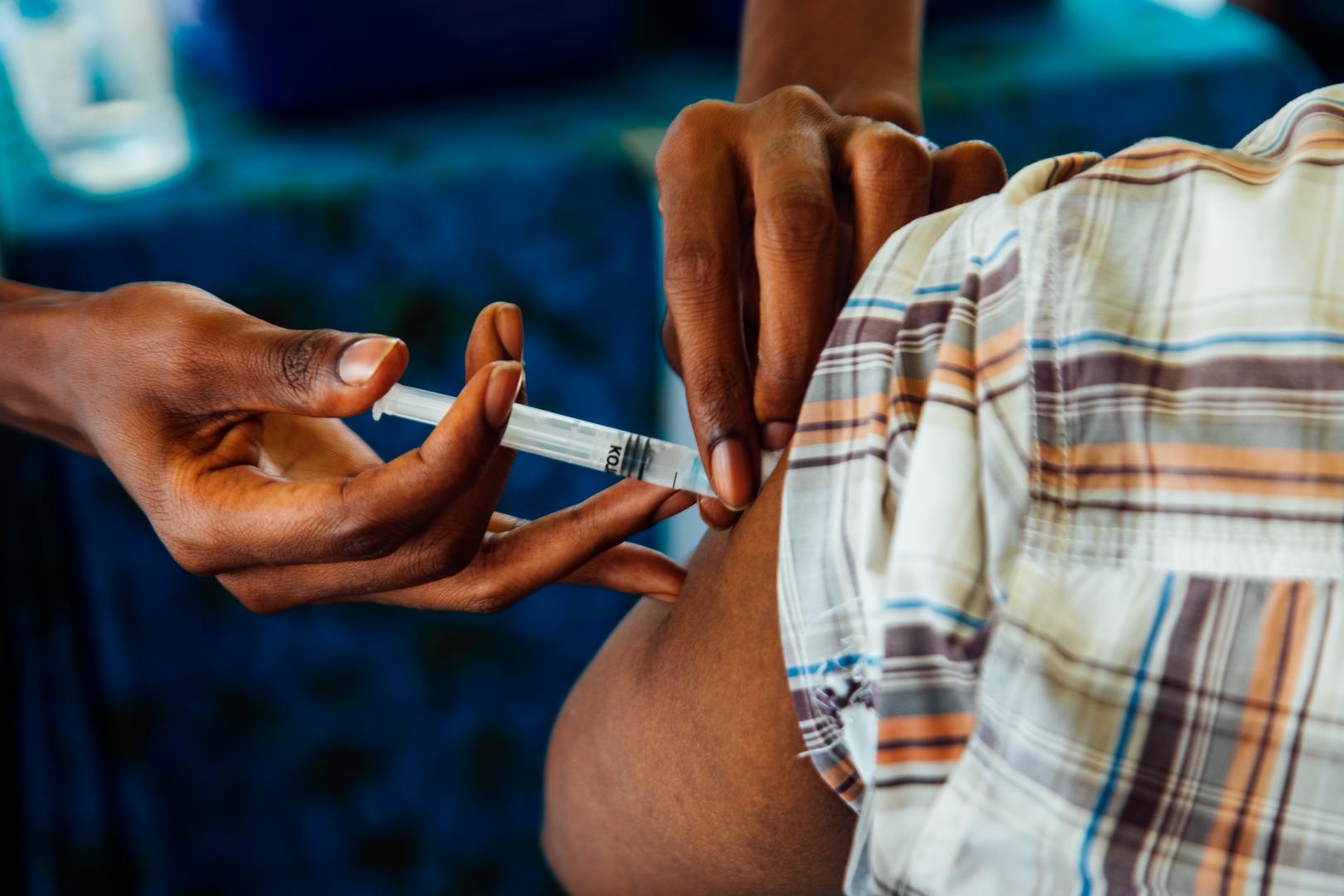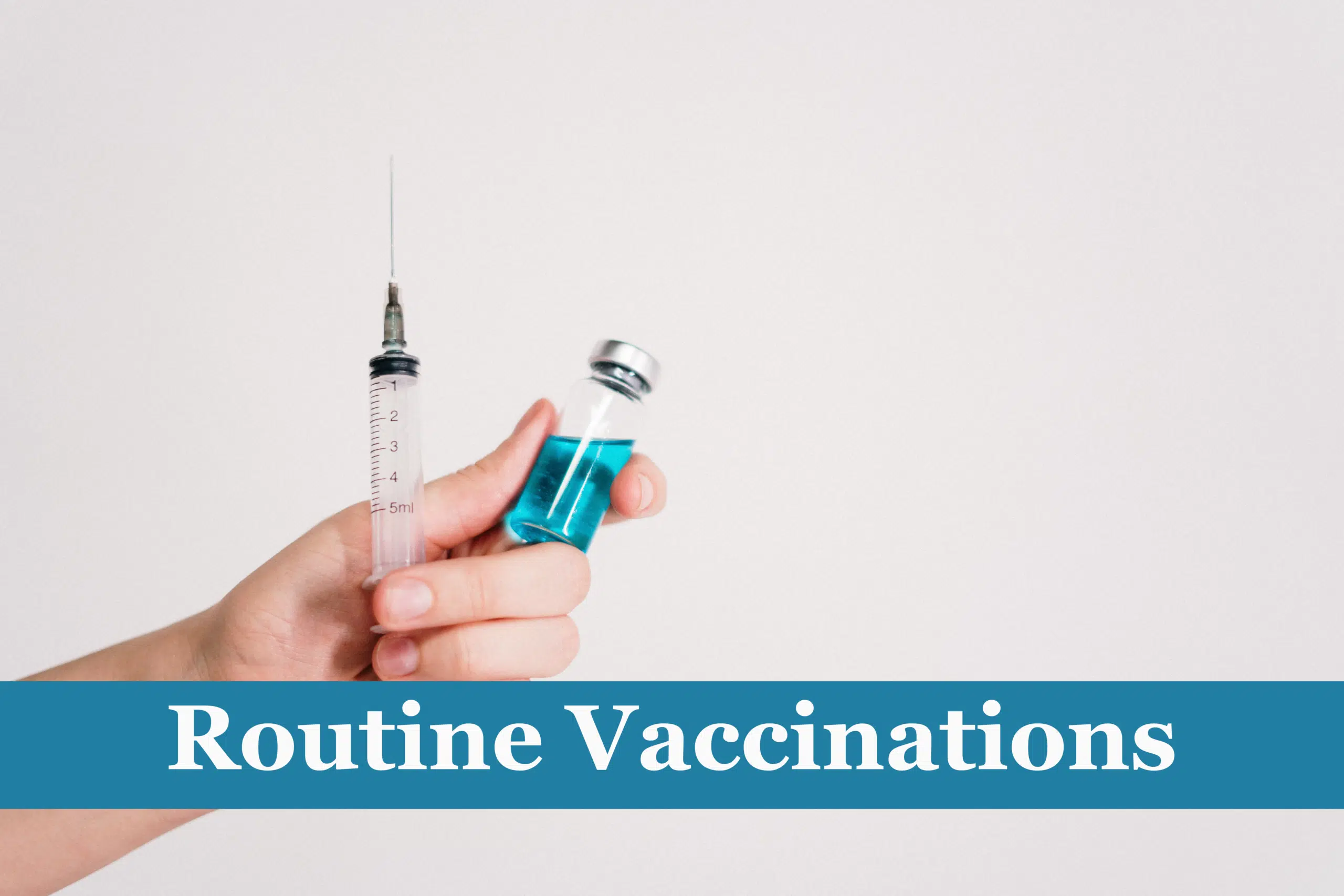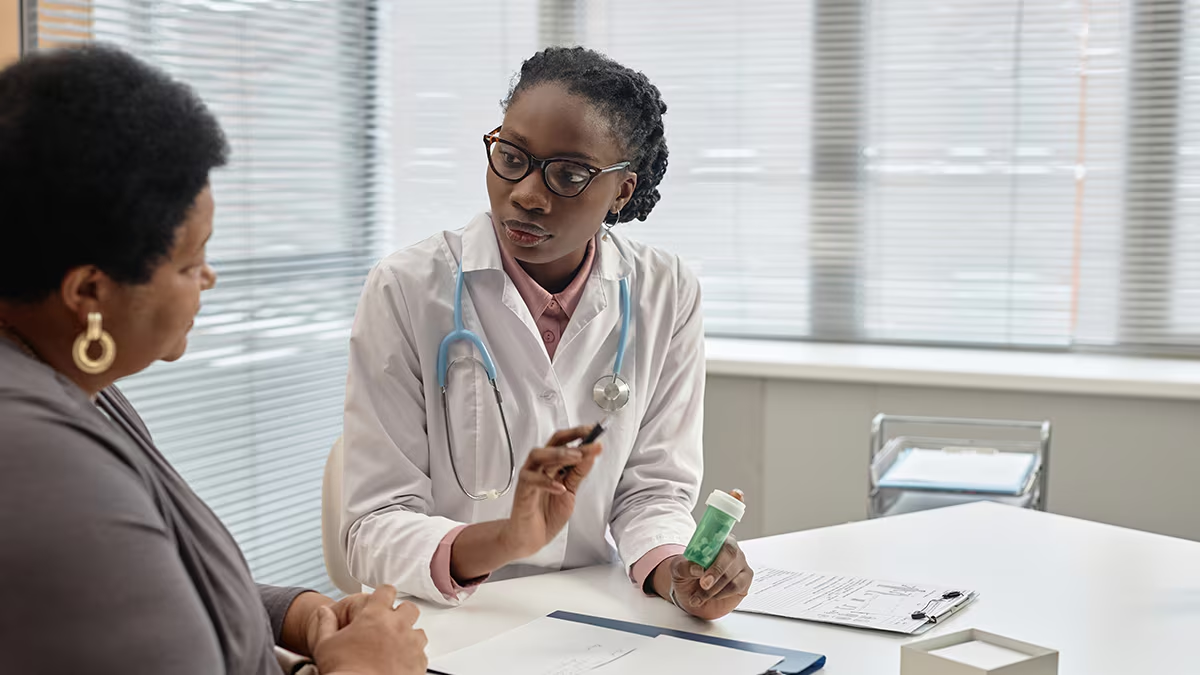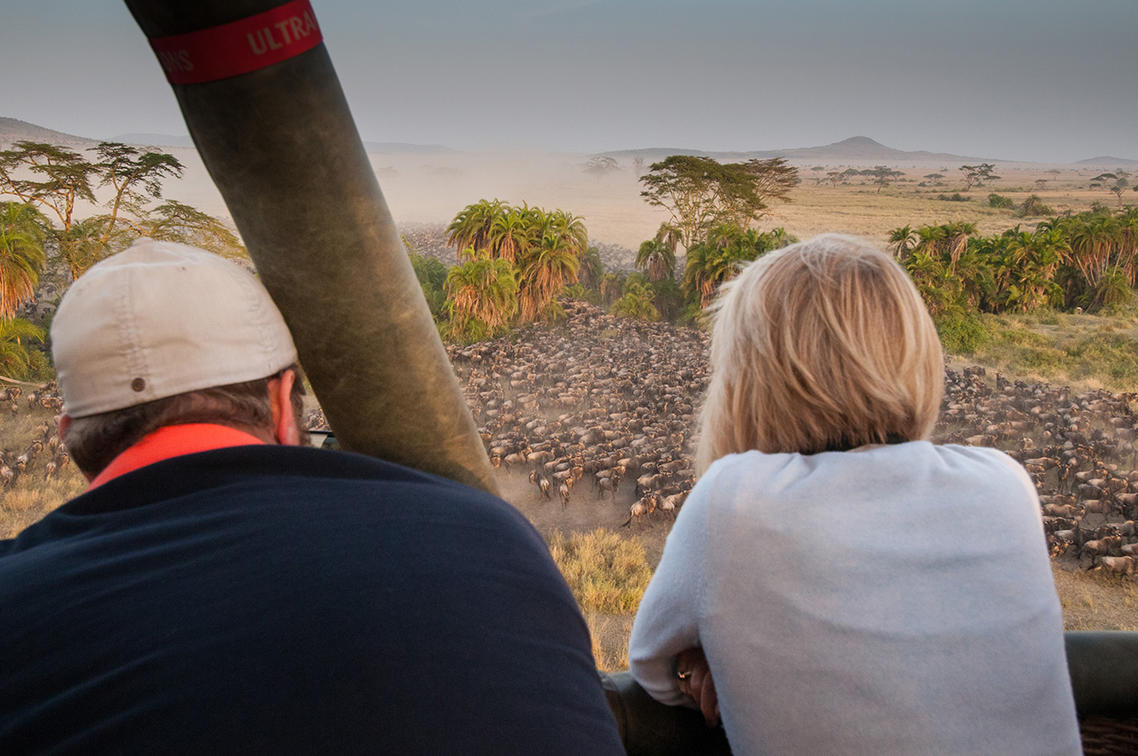One of the biggest concerns for first-time visitors to Africa is the possibility of contracting a disease or becoming seriously ill during their trip. But the truth is, most of the health concerns that could present themselves are highly preventable thanks to modern medicine. Vaccinations are available for most of the diseases that are common across the continent while preventative medication can be taken against malaria.
In this article, discover what vaccinations you need before travelling to Africa, as well as other health precautions you should take. Remember, this is intended as a guide only and you should chat with your GP to get their expert medical advice well before your intended travel date. Vaccination requirements and medical treatments are always changing and your doctor will have the most up-to-date recommendations available.
COVID-19

 While requirements vary from country to country, COVID-19 travel restrictions have eased across most of Africa. You no longer need to provide proof of vaccination or produce a negative PCR test within 72 hours of your departure and it’s unlikely that you will be screened for COVID-19 on arrival.
While requirements vary from country to country, COVID-19 travel restrictions have eased across most of Africa. You no longer need to provide proof of vaccination or produce a negative PCR test within 72 hours of your departure and it’s unlikely that you will be screened for COVID-19 on arrival.
That being said, it’s important that you get tested if you do present flu-like symptoms, either in the lead-up to travel or on arrival in your destination country (if the symptoms present during the flight). If you test positive, you will be required to take further tests to confirm you have COVID-19 and may be required to isolate at the recommendation of local doctors.
Routine vaccinations

 Routine vaccinations in the West mean that many diseases may be highly rare in your home country, such as measles, mumps and rubella, polio and diphtheria. But some of these can be far more common in Africa, so it’s a good idea that you are up to date with all of your routine vaccinations.
Routine vaccinations in the West mean that many diseases may be highly rare in your home country, such as measles, mumps and rubella, polio and diphtheria. But some of these can be far more common in Africa, so it’s a good idea that you are up to date with all of your routine vaccinations.
Chat with your doctor at least six weeks in advance of your departure date as some vaccinations need to be taken as a series across several weeks. In addition to the above, they may advise that you get vaccinated against Hepatitis A and B, as well as tetanus and rabies.
If you are visiting the mountain gorillas in Uganda, Rwanda or the Democratic Republic of the Congo, it’s particularly important that you aren’t carrying any infectious diseases. Mountain gorillas are incredibly vulnerable to human diseases and those that are unlikely to kill us (such as a common cold) can be deadly for them.
Yellow fever


The only vaccination that is mandatory to enter some African countries is for yellow fever, a mosquito-spread disease that is common across parts of Africa and South America. Contracting yellow fever can easily be prevented by a vaccination, which is available at most travel clinics.
The vaccination must be conducted at least 10 days before you enter a yellow fever zone and it can cause flu-like symptoms for a few days. After you have received your shot, you will be issued an International Certificate of Vaccination or Prophylaxis (IVCP), which you will need to show on arrival in some countries before you are permitted entry.
At the current time, vaccination against yellow fever is required for travel to the following countries:
Benin, Burkina Faso, Burundi, Cameron, Central African Republic, Congo, Côte d’Ivoire, DRC, Gabon, Guinea-Bissau, Kenya, Liberia, Rwanda, Sierra Leone, Niger and Togo.
Vaccination against yellow fever is required to enter the following countries for travellers who have visited or passed through the “Yellow Fever Belt”:
Algeria, Botswana, Cabo Verde, Chad, Djibouti, Egypt, Ethiopia, Gambia, Ghana, Guinea, Lesotho, Libya, Equatorial Guinea, Eritrea, Madagascar, Malawi, Mauritania, Mauritius, Mozambique, Namibia, Nigeria, Seychelles, Somalia, South Africa, Sudan, Swaziland, Tunisia, Uganda, Tanzania, Zambia and Zimbabwe.
Please be aware that yellow fever vaccination requirements can change, so always check what is needed to enter your destination country prior to departure.
Malaria prevention

 Malaria is one of the most common diseases currently impacting Africa and is a big concern for many travellers to the continent. Symptoms include fever, chills, headaches, muscle aches and fatigue. The good news is that the disease is easily preventable with antimalarial medications AND it is highly treatable if you do end up contracting it. Most people who contract malaria survive, provided they seek medical attention as soon as symptoms present themselves.
Malaria is one of the most common diseases currently impacting Africa and is a big concern for many travellers to the continent. Symptoms include fever, chills, headaches, muscle aches and fatigue. The good news is that the disease is easily preventable with antimalarial medications AND it is highly treatable if you do end up contracting it. Most people who contract malaria survive, provided they seek medical attention as soon as symptoms present themselves.
As there are several antimalarials available, it’s best to chat with your doctor about their recommendations, which may change depending on individual health concerns and possible side effects. It’s also good to advise your doctor if you plan on doing any scuba diving in the days after visiting a malaria area as this may also affect their recommendations. Your doctor will explain when and how often you need to take the antimalarials and it’s important that you stick to this prescription schedule to ensure the medication is effective.
Aside from taking antimalarials, it’s a good idea to cover your skin in the early morning and at night when the mosquitos are most active, as well as apply insect repellant to any areas of your skin that are exposed. Always keep your tent zipped up at night or your door closed and sleep under mosquito netting if it is provided.
General health tips for travel to Africa

 Aside from visiting your GP well ahead of your departure date, we highly recommend that you take out comprehensive travel insurance that covers you in case of a medical emergency. Some African safari destinations are very remote and evacuation to the nearest major hospital could prove incredibly costly.
Aside from visiting your GP well ahead of your departure date, we highly recommend that you take out comprehensive travel insurance that covers you in case of a medical emergency. Some African safari destinations are very remote and evacuation to the nearest major hospital could prove incredibly costly.
If you take prescription drugs, ensure you have enough to cover your entire trip and bring copies of your scripts in case a customs official requests them on arrival. Always keep medication in its original box so that it can be shown to a local doctor if you need medical attention during your trip.
If you have any health issues, let your guide know at the start of the trip so they are aware if anything doesn’t seem right. It’s also important that you let them know if you don’t feel well at any time during the trip so they can get you the medical attention you need.
A little knowledge and preparation goes a long way

 If it’s your first time on African safari, it’s understandable that you may be concerned about health issues on the continent. But provided you are up to date with your vaccinations and come prepared with any medication you need, there is no more risk travelling to Africa than elsewhere in the world. Having an unforgettable trip (for all the right reasons) is all about being well-informed and prepared, ensuring you can embrace all of the incredible moments that Africa offers.
If it’s your first time on African safari, it’s understandable that you may be concerned about health issues on the continent. But provided you are up to date with your vaccinations and come prepared with any medication you need, there is no more risk travelling to Africa than elsewhere in the world. Having an unforgettable trip (for all the right reasons) is all about being well-informed and prepared, ensuring you can embrace all of the incredible moments that Africa offers.
Ready to Begin Crafting Your African Safari?
Get in touch with one of our Africa Safari Specialists to craft a personalized itinerary tailored to your unique travel preferences:
Help Me Plan

 1-321-766-6821
1-321-766-6821 














